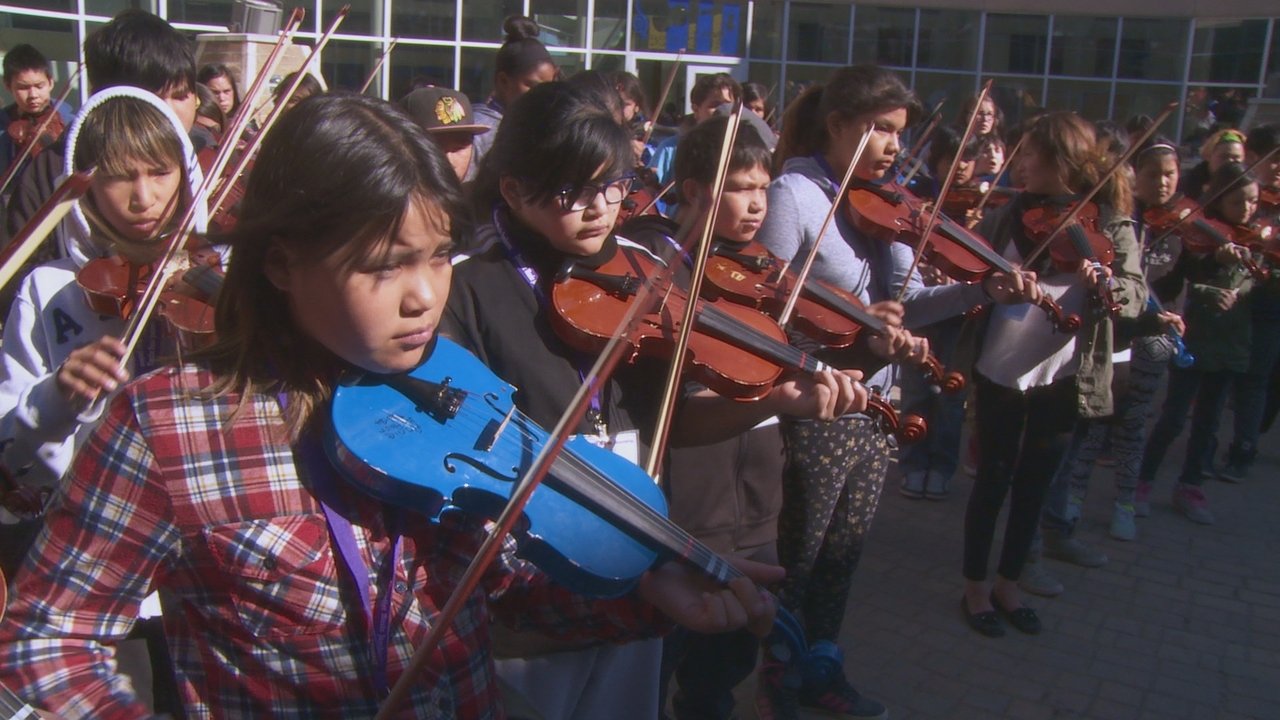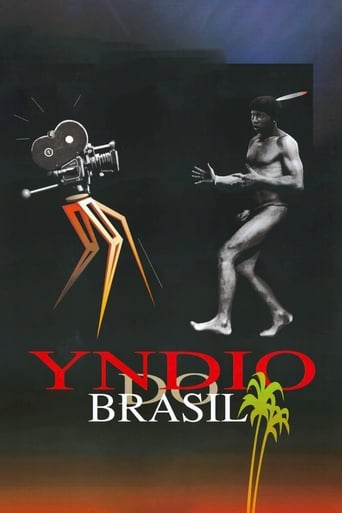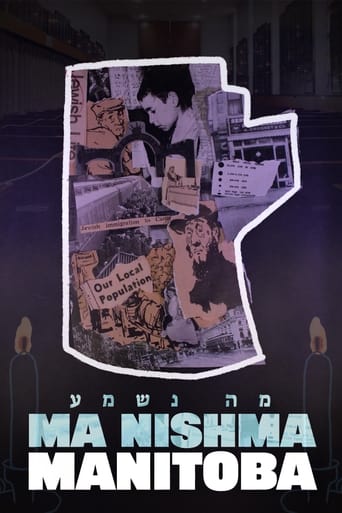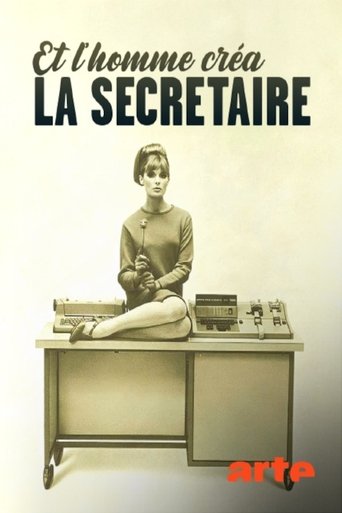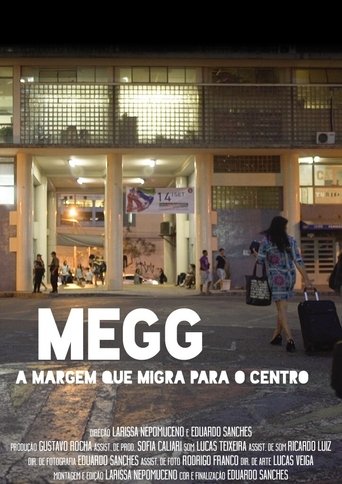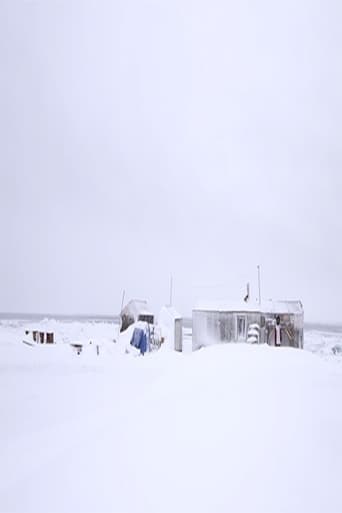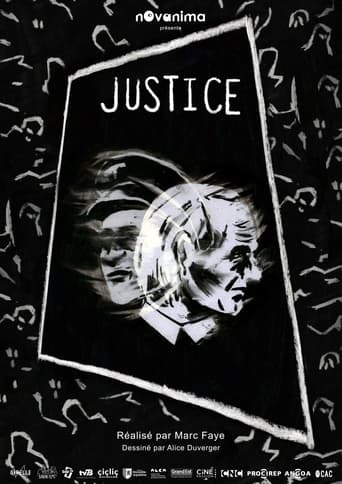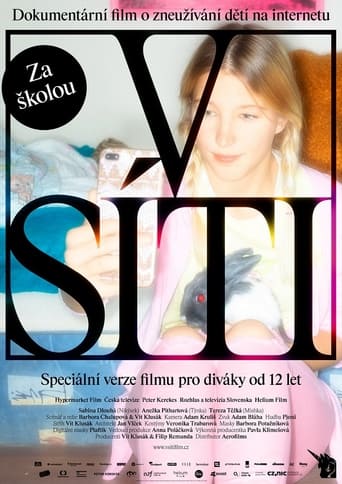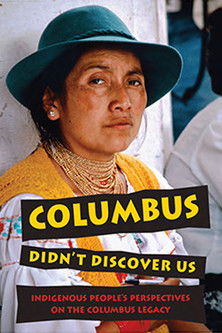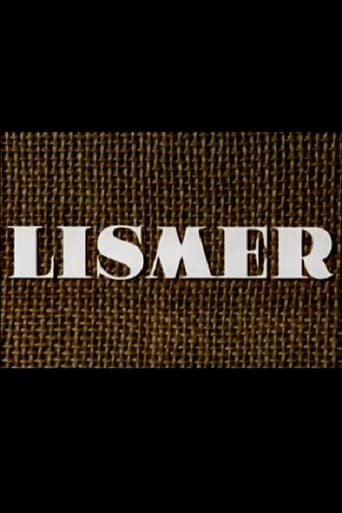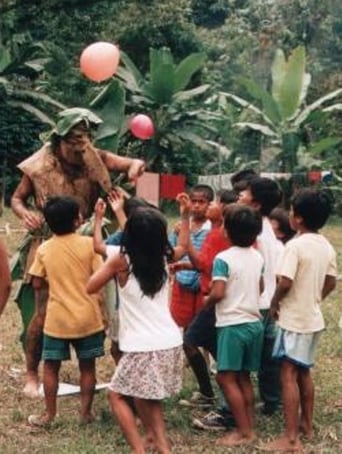Death (& Rebirth) Of A PhD
This Cheeky Scientist Documentary chronicles origins of Cheeky Scientist and includes in depth interviews with PhDs from different backgrounds who overcame extreme personal challenges to get hired in industry. This feature also includes behind the scenes footage of the Cheeky Scientist Summit and is narrated by Isaiah Hankel, Ph.D.
